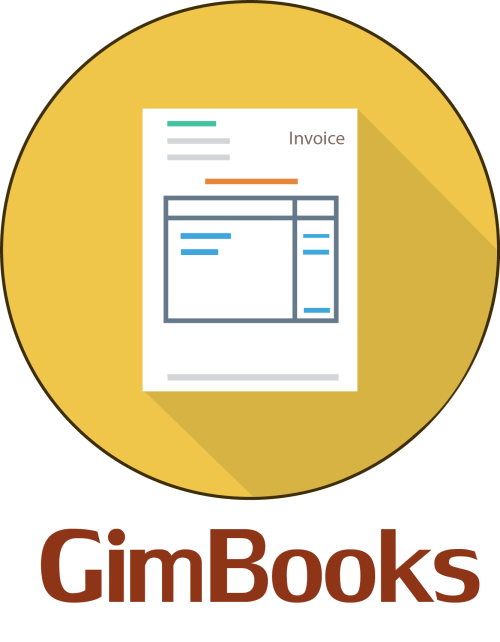Everything you need to know about e-invoicing for Small and Mid-size Business (SMBs)
The Central Board Of Indirect Taxes & Customs (CBIC) has made e-invoicing mandatory for all B2B businesses and is going to get mandatory for all the businesses in terms of their revenue.
E-invoicing has been mandated for all Business to Business Transactions with annual turnover of Rs 500 crore and more, and more recently the companies with annual turnover of Rs 100 crores of Rs 100 crores and now it is going to extend to businesses with much smaller turnover as well.
In the latest directive, all the small businesses need to understand the importance of e-invoice, what it is and how it will impact the business.
It is the perfect time for the business to see if they are technologically ready or not.
In the last few years, Traditional accounting has been taken over by Accounting Softwares. With Advanced Accounting softwares, accounting has become more efficient, accurate and user-friendly. And one of the recent digital changes is in E-invoicing.
E- Invoicing is a major aspect through which businesses keep a track of their sales and the digital transformation in invoicing has proven to be a game changer.
What is e-invoicing?
E-invoicing is an electronic mechanism under GST which is generated by taxpayers and reported to the GST System. All invoices generated need to be registered with the Government system - Invoice Registration Portal and obtain Invoice Reference Number and QR Code which are the most vital aspect of e-invoicing.
What does the new mandate mean for SMBs?
The Central Board Of Indirect Taxes & Customs (CBIC) has made e-invoicing mandatory for all B2B businesses and is going to get mandatory for all the businesses in terms of their revenue.
So if you are a small and Midsize business (SMB), it's time for you to buckle up as per the new e-invoicing system, your invoices will get electronically generated.
The 3 phases has been rolled out:
- Phase 1 - October 1, 2020
Mandatory for all the B2B businesses with turnover of INR 500 crores or more
- Phase 2 - January 1, 2021
Mandatory for all the businesses with turnover of INR 100 crores or above
- Phase 3 - April 1, 2021
Mandatory for the Taxpayers with turnover of INR 50 crores or above
Although e-invoice has been made compulsory, taxpayers can generate invoices on their ERP that is compatible with the standardised format.
The steps to be followed
- The business needs to generate an e-invoice in prescribed standard format and to be sent to Invoice registration Portal (IRP)
- A signed draft along with the Invoice Reference Number is sent back to the business through Portal.
- A QR code is assigned to the e-invoice which contains all the information.
- Then the e-invoice is shared with the supplier automatically by the portal.
- The same information is sent to GSTN for adding additional information on e-way bills.
Advantages
E-invoicing, although is a bit overwhelming at first, tends to impact SMBs positively. Check it out
- Faster invoice delivery time.
- Less human errors, data duplication, cutting down manual entry.
- Tracking the e-invoice in real time.
- Invoice is accessible to the customer once uploaded on the GST Portal.
- Auto generation of E-way bills.
- Real time data access.
- E-invoice can be read and reconciled without any hassle
- Taxpayers can automatically generate GST Returns.
Mr Chandrakant Salunkhe, founder of SME Chamber Of India there are various pros for small businesses - “ The system should work for them. E-invoicing will eliminate several hassles small businesses face after supply is made to large companies as the details captured cannot be disputed.”
But there are challenges as well
Firstly, most SMBs are not equipped with technology, they would need the access of the current digital accounting system to ensure new e-invoicing requirements.
Secondly, Some consumers might prefer hard copy over e-invoices. This can be proved as a challenge for the company to communicate to the consumers.
Conclusion
Although SMBs may not be well equipped with technologies to generate e-invoices but with the new mandate under GST, they will invest in technology-driven ways of doing business.
E-invoicing brings more advantages than challenges. By ensuring standardisation, the mandate helps government, suppliers and the consumers.
Gimbooks helps businesses of all sizes get the tax compliance right, get GSTR filing, e-way bill generation and e-invoicing perfectly with cloud-based GST compliance solutions in India.
